
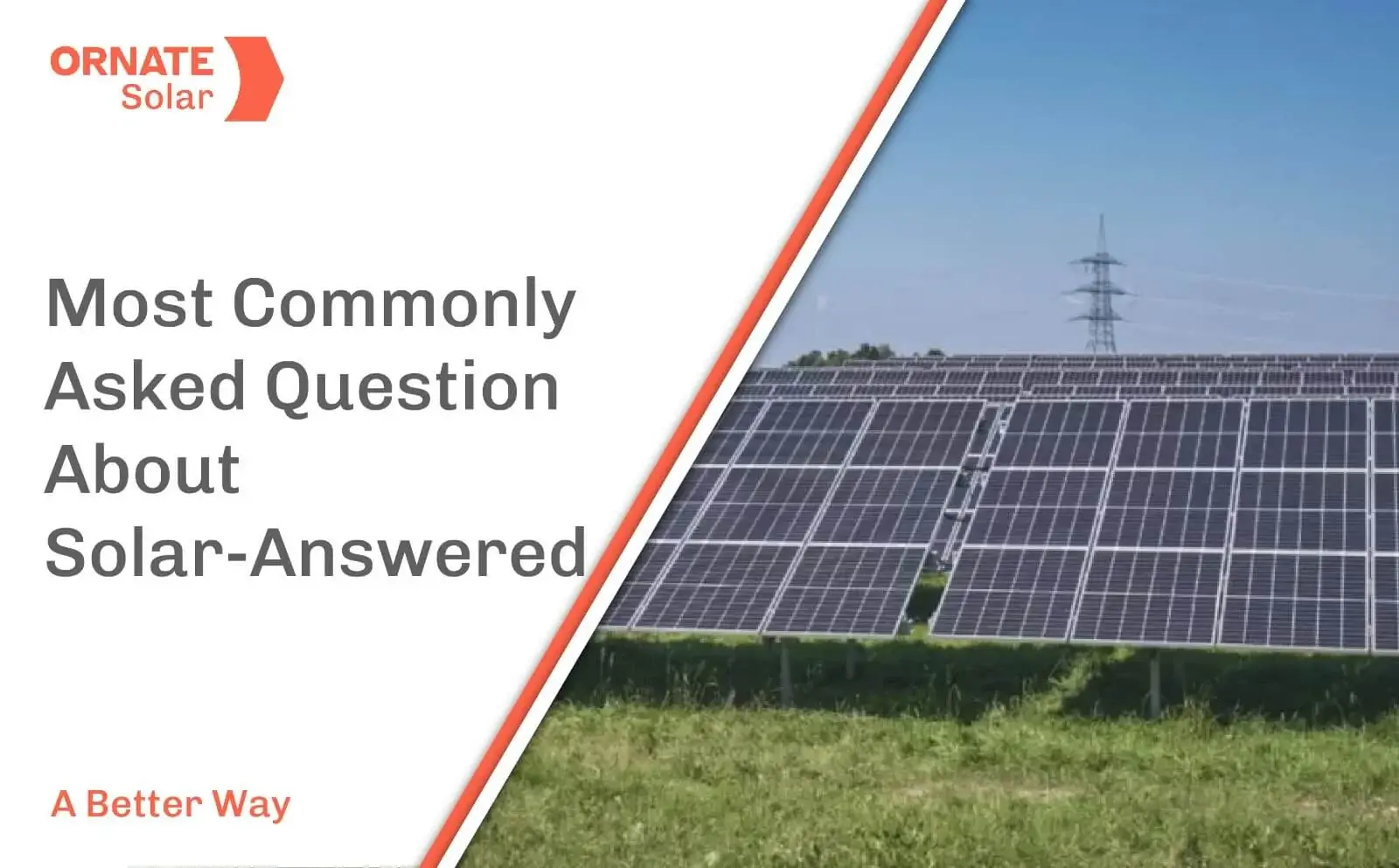
The Indian government’s push for renewable energy has made solar energy even more cost-efficient. Be it homeowners, businesses, or industrialists- people from all sectors are now choosing to install solar panels at their premises.
Going Solar has many benefits:
- Clean source of energy that doesn’t generate greenhouse gases
- Cheaper than thermal-based energy sources
- Self-reliance in electricity generation leads to a reduction in energy bills
- The initial cost of the system can be recovered in 3-4 years
- Installing solar energy systems increases the property value
- Solar panels require little to no maintenance
- Surplus energy generated can be sold to the grid
But the hows and whys of solar can be confusing. To remove this confusion, we have answered the commonly asked questions about solar energy.
Yes, a solar battery allows you to store solar energy in an off-grid system. During night-time or power cuts, the battery can be discharged to run the load.
In an on-grid system, the solar plant will work when the utility grid is functioning. As soon as the grid shuts off the solar power system automatically stops working. Off-Grid Systems are independent of the grid. The energy generated from the panels first charges the battery and then runs the load.
Read more: On-Grid, Off-Grid & Hybrid
Unless you become completely energy-independent by installing an off-grid solar system, you will receive an electricity bill. However, the bill amount would be significantly reduced.
Yes. Before installing the system, a professional will help you calculate the electric load of the building. This will ensure that you get a system that can adequately meet all your energy demands, including the AC.
If you have an on-grid system and net metering is available in your state, you can export this surplus energy back to the grid. The government will buy this energy at a fixed rate and adjust the value in your bill amount.
Solar panels use both direct and indirect sunlight to generate energy. If even some light is available, generation will go down but continue.
Until there is damage to the roof which can hurt the life of the system, there is no need to replace the roof. You can also get the repairs done before the installation itself for your peace of mind.
All spots where mounting structures get erected, are sealed thoroughly after installation. So, the possibility of leakage is very low. However, if waterproofing is still a major concern, one can always go for an integrated solar roof that incorporates panels into the roof itself. The structure is completely waterproof.
No. Solar plants need little to no maintenance. All you have to do is clean your panels every 2 weeks to ensure optimum generation.
Solar panels have an average lifespan of 25 years but continue to produce energy for much longer than that. Component such as batteries, accessories, and solar inverters will need to get replaced but they still have a long lifespan.
The cost of your system will depend on multiple factors such as the brand, location, plant size, roof area, panel, and inverter efficiency.
The cost of a 1kW system in the Indian market can be anywhere between ₹55,000- ₹80,000.
A 1kW solar power system requires around 90-100 Sq. ft of shadow-free area. However, this number can change based on the power output of the panels used and the orientation and placement of the modules.
For example, an integrated solar roof system such as Ornate InRoof can install the same capacity in a much smaller space of 60-65 sq. ft by eliminating the gap between the panels.
A 1kW system, in ideal conditions, can generate 4 units in a day. Elements such as the orientation of the panels, location of the plant, number of sunshine hours, quality of products used, maintenance, etc. will affect the generation of the plant.
Yes. If you are a residential consumer, you can avail of the Central Finance Assistance (CFA) through the national portal launched by the government. The subsidy details are as follows:
· CFA @ 40% of benchmark cost or @40 % of tendered rates (whichever is lower) for
capacity up to 3 kWp
· CFA @ 20% of benchmark cost or 20 % of tendered rates (whichever is lower) for capacity
beyond 3 kWp and up to 10 kWp
· CFA @ 20% of benchmark cost or @ 20 of tendered rates (whichever is lower) for
GHS/RWA capacity up to 500 kWp (limited to 10 kWp per house and total up to 500 kWp)
To avail of the incentive, one has to choose India-made solar panels with domestically manufactured solar cells. In addition to the CFA, many states of India also provide subsidies for residential rooftop
installations.
No. Solar panels undergo degradation due to sunlight and exposure to the outside environment. The generation will go down over the years, but the plant would still adequately meet your energy requirements.
Studies have shown that solar energy systems raise the property value of buildings as they allow future owners to generate their electricity. However, if that is not an option, solar equipment can also be easily dismantled and re-installed without loss in efficiency.
A solar plant contains four critical components that you will need to buy-
1. Solar Modules- to absorb sunlight and generate electricity.
2. Solar Inverters- to generate the DC energy into AC power.
3. Mounting Structure- to erect the solar panels on the roof
4. Solar Accessories- cables, walkways, switchboards, ACDB-DCDB junction boxes, earthing material, etc.
While looking for the right solar panels, you can consider the following aspects:
1. Energy Requirement and Space-First calculates your electrical load and check how much space you have. If the space is less, it is better to choose panels with higher power ratings and efficiency so that they produce more energy. Monocrystalline and Mono Perc panels are best for this situation
2. Place of manufacturing- The Indian government has decreed that to avail incentives such as subsidy or net metering facility, consumers must buy a domestically manufactured module from only those brands that are featured in the ALMM (Approved List of Module Manufacturers).
3. Brand Value- Choose established brands that are trusted in the industry, and offer the latest technology panels with features such as better shade tolerance, lower hotspot temperature, etc.
4. Durability- Go for panels with longer warranties for a more durable system.
Where Can I Buy a Solar Energy System?
With regards to solar, consumers have two options: either individually buy all components to get the system installed or contact a third-party organization that arranges all the elements and installs the system for them.
If you are exploring the second one, you can get in touch with Ornate Solar. We are a one-stop shop for all your solar needs- be it panels, inverters, or solar accessories. By partnering with the best-in-class brands from across the world, we make going solar reliable, affordable, and easy for you.
For more information, call us at 011 4353 6666.


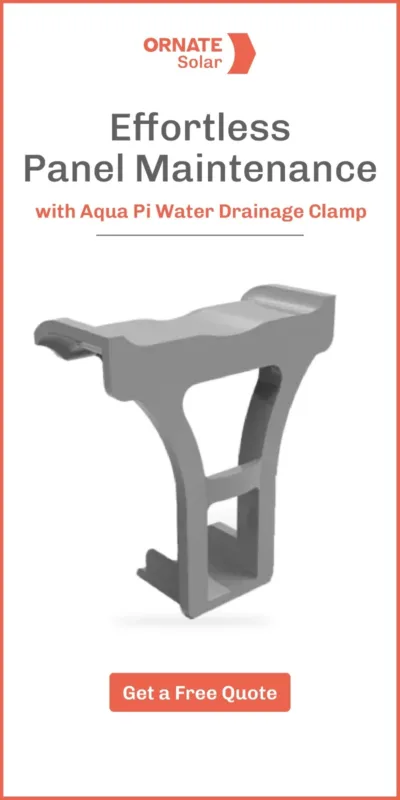



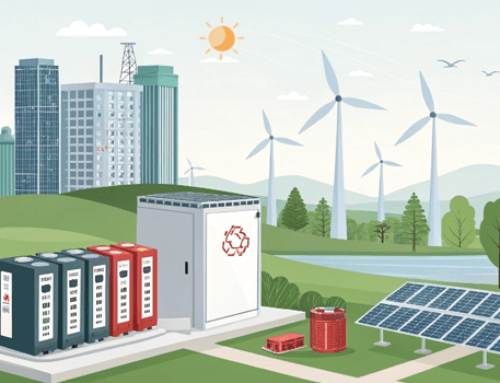
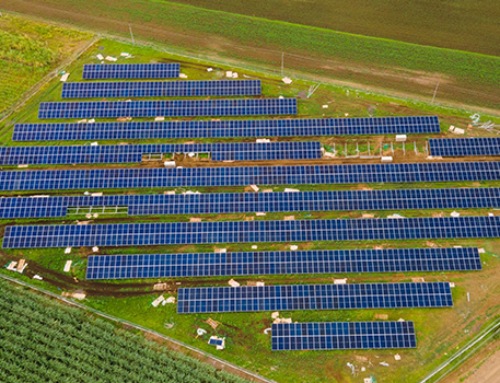
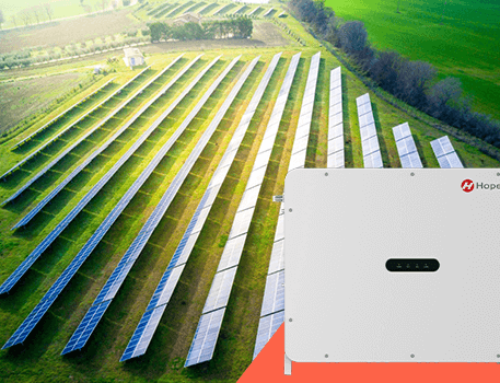
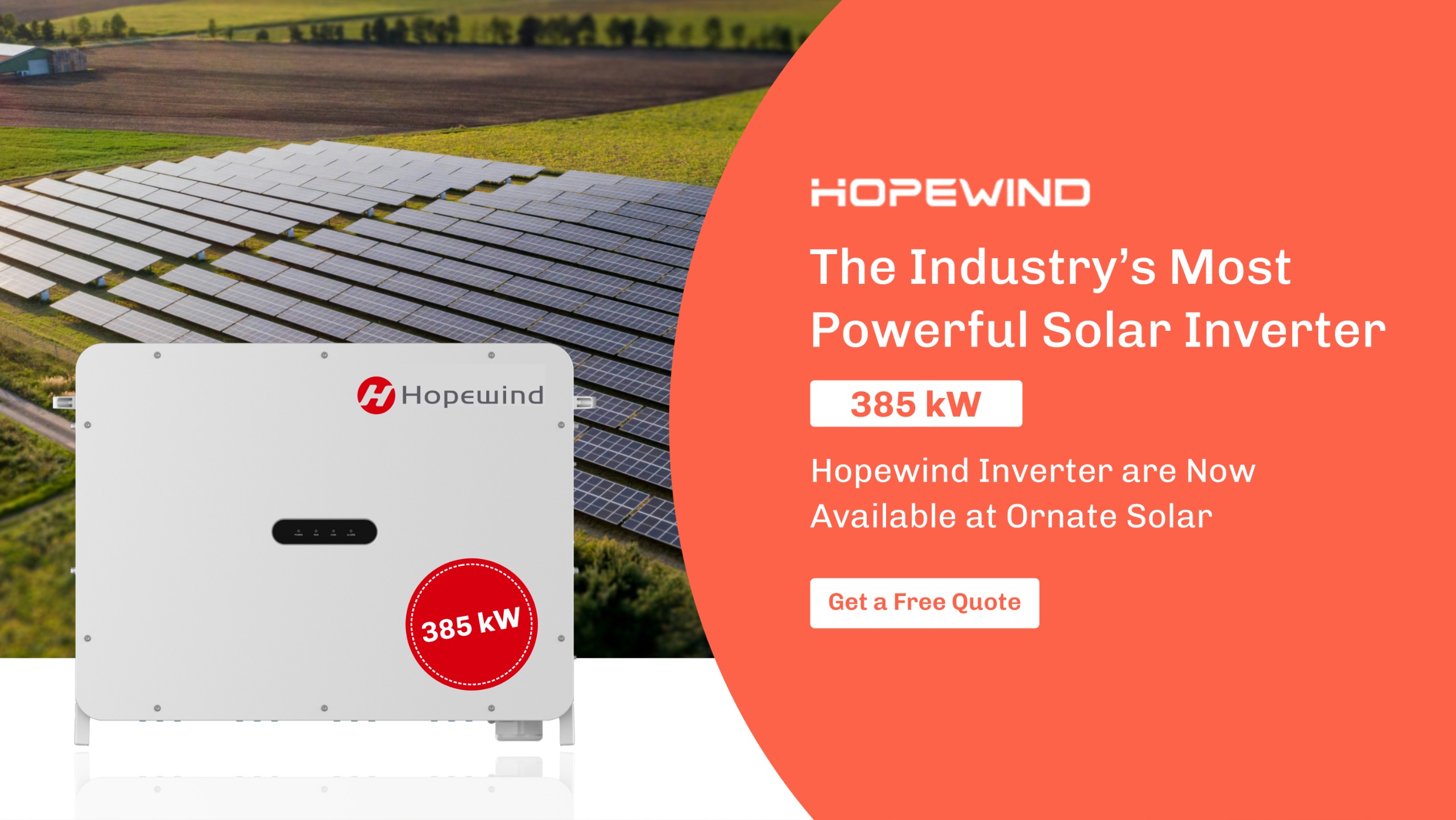
Leave A Comment